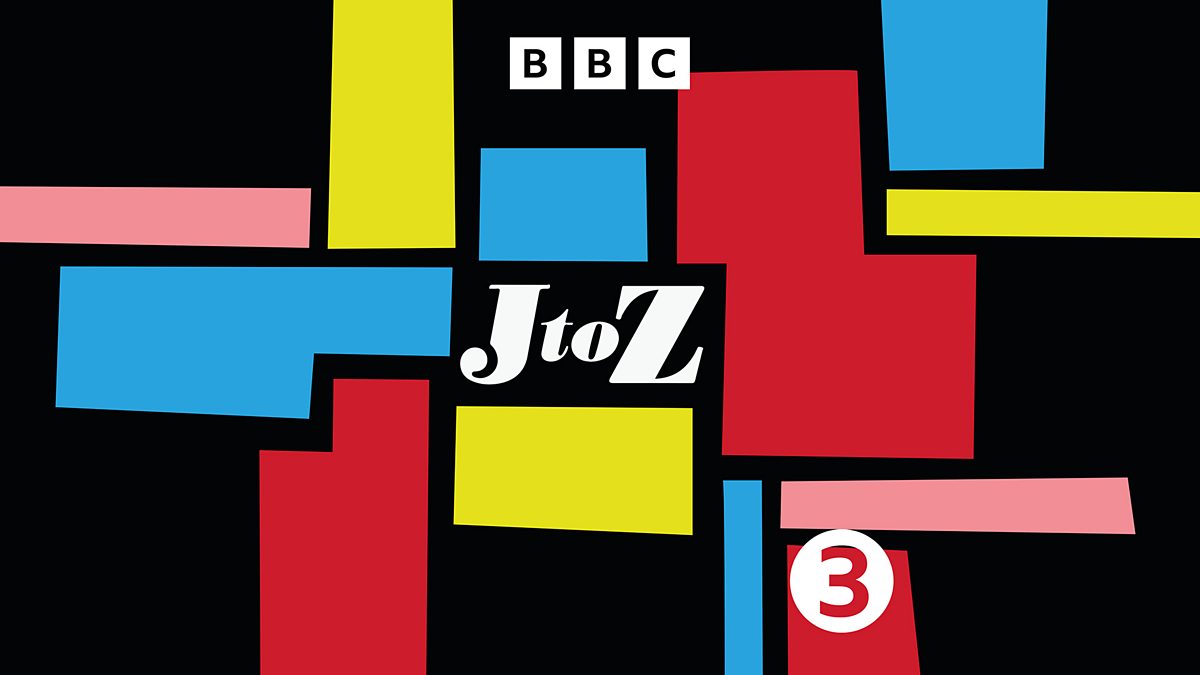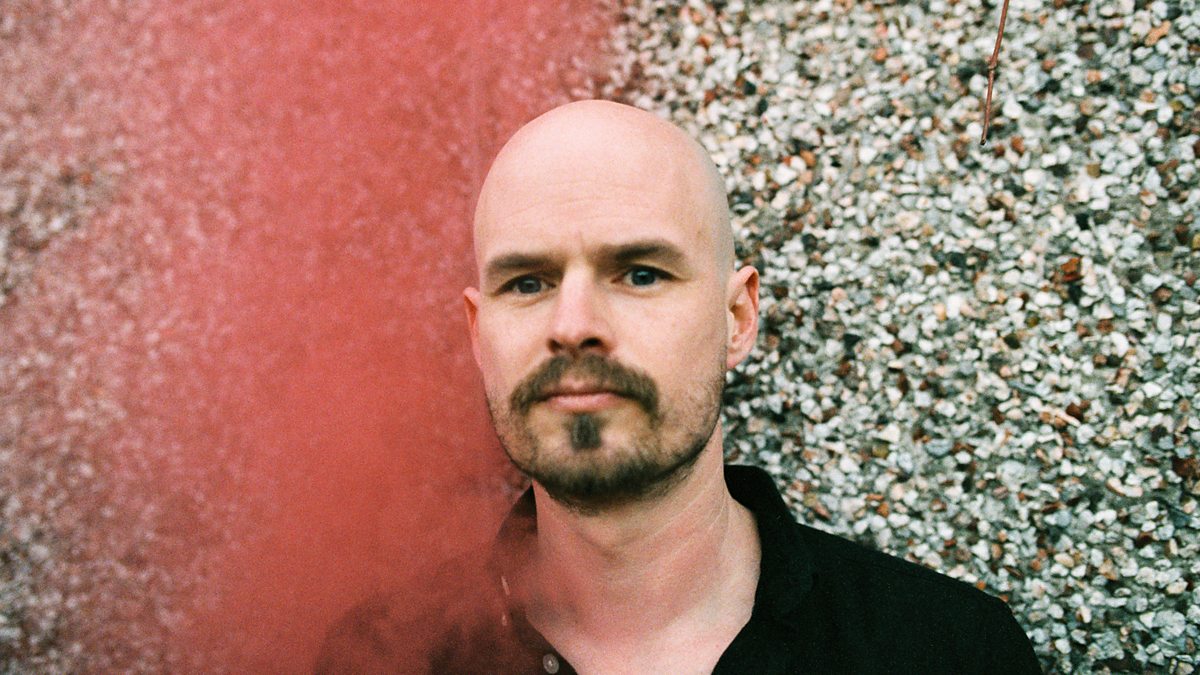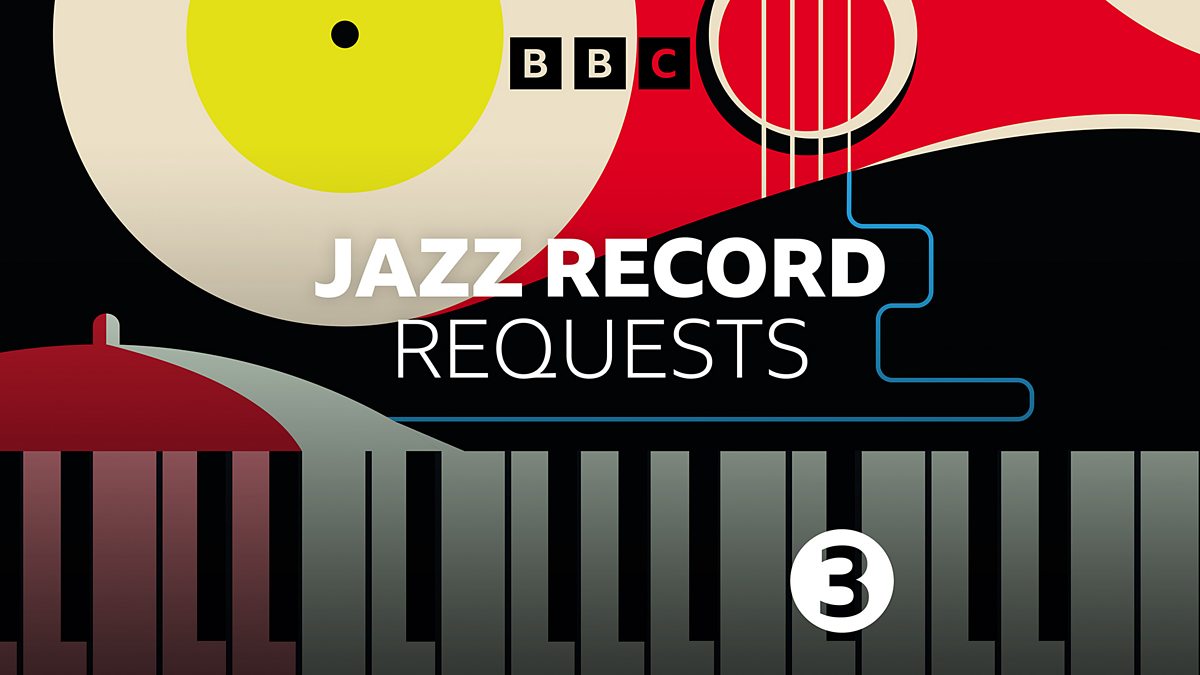Sat 5 June
5pm - J to Z
Kevin Le Gendre with new and classic jazz today with fiery Austrian septet Shake Stew performing from 2019 album Gris Gris as well as new material.
On the blurb below it says they are playing material from the above album live: in widened jazz terms that's new material.
12midnight - Freeness
Corey Mwamba showcases soloists who expand the possibilities of their instrument, including a drum solo by Art Blakey (1919-90) from his 1964 Jazz Messengers album The Freedom Rider,. Plus music from guitarist Chris Sharkey, whose debut album confounds expectations of 'guitar solo'.
Sun 6 June
4pm - Jazz record Requests
Dave Holland introduces a track from his new trio album.
Be not misled title-wise by Tuesday's Drama: Jazz and Rice, 2.30pm, on Radio 4.
5pm - J to Z
Kevin Le Gendre with new and classic jazz today with fiery Austrian septet Shake Stew performing from 2019 album Gris Gris as well as new material.
On the blurb below it says they are playing material from the above album live: in widened jazz terms that's new material.
12midnight - Freeness
Corey Mwamba showcases soloists who expand the possibilities of their instrument, including a drum solo by Art Blakey (1919-90) from his 1964 Jazz Messengers album The Freedom Rider,. Plus music from guitarist Chris Sharkey, whose debut album confounds expectations of 'guitar solo'.
Sun 6 June
4pm - Jazz record Requests
Dave Holland introduces a track from his new trio album.
Be not misled title-wise by Tuesday's Drama: Jazz and Rice, 2.30pm, on Radio 4.





Comment